Guyana%E2%80%99s-Foreign-Minister-Carl-Greenidge-at-OIC-Council-of-Foreign-Ministers-meeting-in-Abidjan-at-rear-is-Shiraz-Mohamed..jpg" />
Guyana’s Foreign Minister Carl Greenidge at OIC Council of Foreign Ministers meeting in Abidjan; at rear is Shiraz Mohamed.
Georgetown, MINA – Guyana’s vice-president and minister of foreign affairs Carl Greenidge attended the 44th Session of the Council of Foreign Ministers of the Organisation of Islamic Cooperation (OIC) in Abidjan, Cote d’Ivoire, which took place July 10-11.
Also Read: Mamdani Ready for Dialogue with Trump, as long as it Benefits New Yorkers
Also in his delegation was Shiraz Mohamed, first secretary in the permanent mission of Guyana to the United Nations, who has oversight for OIC-related matters.
According to late reports on Guyana’s participation in the OIC Council of Foreign Ministers Meeting in Abidjan by Ceribbean News Now, Greenidge addressed the body and renewed Guyana’s “mutual commitment to global security and fraternal bonds between the East and the West.”
He said, “Our shared belief in tolerance and collaboration constitutes a foundation on which we can pursue a brighter future for all. It is against this background that we commend the theme of this meeting entitled ‘Youth, Peace and Development in a World of Solidarity’.”
Also Read: YouTube Removes Hundreds of Videos by Palestinian Human Rights Groups
Unprecedented Migratory Flows
Greenidge addressed the issue of “migratory flows of people”, which he said presents a challenge to “peace, prosperity and poverty” because of its enormous burden to many “receiving states in Africa and the South that are not equipped to host large and traumatic inflows of migrants”.
“In recent times these unprecedented migratory flows have not only posed additional problems for originating, transit and receiving states, but have led to the re-emergence of prejudices, discrimination and violence against people who are already victims of tragedy and injustice,” Greenidge said.
Guyana stayed clear of the Iran/Saudi Arabia proxy wars in Syria and Yemen, which have divided the Middle East. However, Guyana reiterated its historical commitment to the Palestinian people’s right to self-determination. Guyana also drew attention to the plight of the Rohingya Muslims in Myanmar.
Also Read: Zohran Mamdani Elected First Muslim Mayor of New York City in Historic Victory
Greenidge added, “Receiving states are hard pressed to integrate large numbers of people into different social and cultural settings – an enormous and difficult task to achieve in the best of circumstances. Without adequate planning and worse yet, without adequate resources, the movements can be expected to compound social and economic inequality. In these circumstances cultural and racial prejudice has been rearing its ugly head.”
On the Qatar Embargo
Guyana, like Qatar, is a vulnerable small state, and Greenidge called on the OIC to “first resort to pursue dialogue and negotiations to alleviate the unresolved problems rather than to adopt confrontation or force to achieve goals”.
Also Read: Mamdani Leads Race as New Yorkers Choose Next Mayor
The Guyana foreign minister, said, “The former can enhance mutual understanding and cooperation. This is equally true at the regional level. We should pursue meaningful partnerships within our own regions.”
Pronouncing Guyana’s stance on the Qatar embargo, Greenidge said, “Guyana notes with concern the current embargo against Qatar, and echo the call for the OIC to continue to promote and maintain solidarity between and among member states with a view to addressing in a cooperative spirit, the prevailing challenges which confront the organization in the 21st century.”
Youth Empowerment
Also Read: UN Member States Renew Calls for Reform as Organization Marks 80th Anniversary
Guyana, which is facing a surge in youth violence and unemployment, is looking to divert resources to address the many social ills facing its youth. And in Abidjan, Greenidge called for “policy formulation where the specific needs and aspirations of the young are frequently overlooked.” Greenidge said that there exist significant barriers to full participation by youths in public life.
Greenidge added that youth issues have “adverse impacts on the economy, politics, peace and development at large”. He called for young men and women to be part of peace-building and to counter violent extremism and radicalisation.
He said, “Our states should invest more in youth-led peace-building and conflict-prevention interventions to build peaceful communities and underpin democratic, and inclusive governance.”
Guyana reiterated that youths should be seen as an ”asset in development”, and urged the OIC to make every effort to “empower marginalized young people especially in troubled communities” by investing in “developing meaningful alternatives for them such education and training as well as building relevant infrastructure aimed at developing skills-based expertise among them.” (T/RS5/RS1)
Also Read: Trump Warns Israel Could Lose All US Support Over West Bank Annexation
Mi’raj Islamic News Agency (MINA)





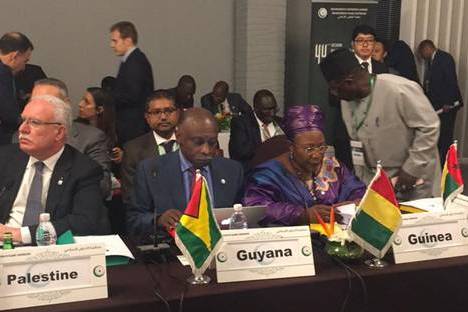

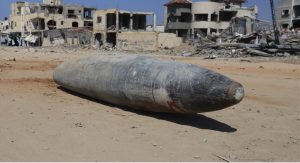

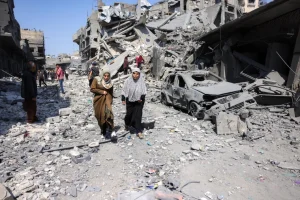
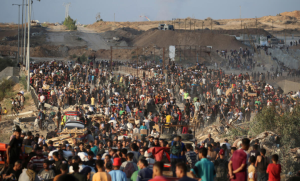
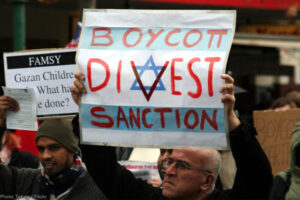
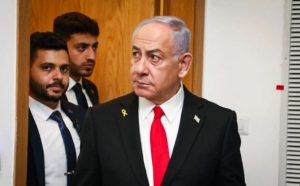


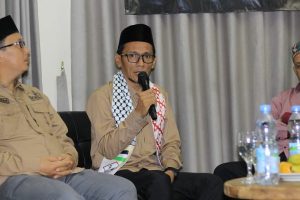
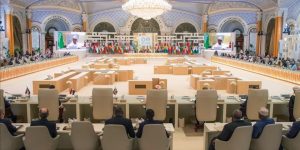
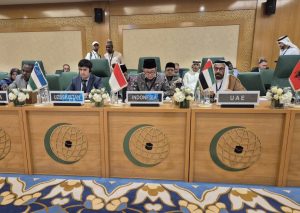
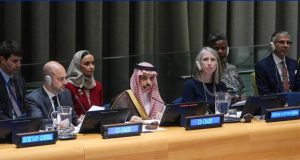
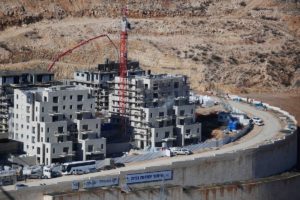




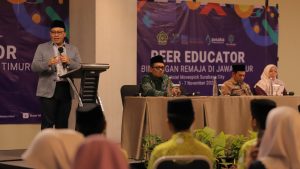


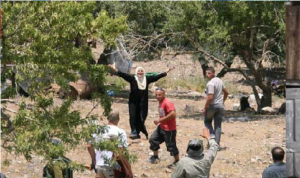

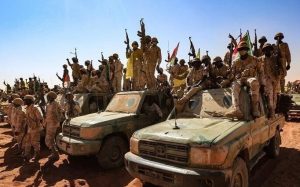



 Mina Indonesia
Mina Indonesia Mina Arabic
Mina Arabic